Guatemala’s first round of national elections on Sunday took place in a country overcome with pessimism and distrust. Even as Guatemalans headed to the polls to elect a new president, vice president, and the entirety of the national legislature, commentators argued that the first round of voting “makes clear that hopes for democracy have been dashed.”
The controversy, while complex and multifaceted, largely comes down to one thing: corruption. In the last decade, Guatemala has been the center of perhaps the most aggressive and successful anti-corruption movements in the hemisphere. Starting in 2007, United Nations-backed international lawyers teamed up with Guatemalan federal prosecutors to take on a government that many feared had become a narco-state, where the lines between cartel power and political power were blurred. The coalition—called the International Commission Against Impunity in Guatemala and known by its Spanish acronym CICIG—achieved its most stunning accomplishment in 2015, when president and former general Otto Pérez Molina was forced to resign and was arrested on corruption charges.
Since then, however, what was once a hopeful anti-corruption movement has collapsed. The current Guatemalan president, former television comedian Jimmy Morales, has successfully forced CICIG to end its mandate this September after learning he and his family were being investigated. International prosecutors have been forced out of the country.
The Guatemalan federal prosecutor at the front of the anti-corruption campaign, former Attorney General Thelma Aldana, was polling as the most popular politician in the country when she announced her intention to run for president earlier this year. But Aldana was promptly knocked off the ballot on embezzlement charges (the judge who issued the warrant for her arrest is under investigation for taking millions in bribes). Instead, a former first lady, Sandra Torres, led the field in the first round of elections. In February, CICIG had presented evidence that Torres was involved in criminal association and significant campaign finance violations—but the government delayed filing criminal charges against her until the day after she announced her candidacy, granting her immunity from prosecution. (Torres has denied all the charges against her.)
Turnout in the first round of elections on Sunday was notably low, indicating voter pessimism. No candidate won 50 percent of the vote, so the two leaders—Torres and Alejandro Giammattei (backed by military officers loyal to the ousted Pérez Molina)—will face each other in a run-off election on August 11th.

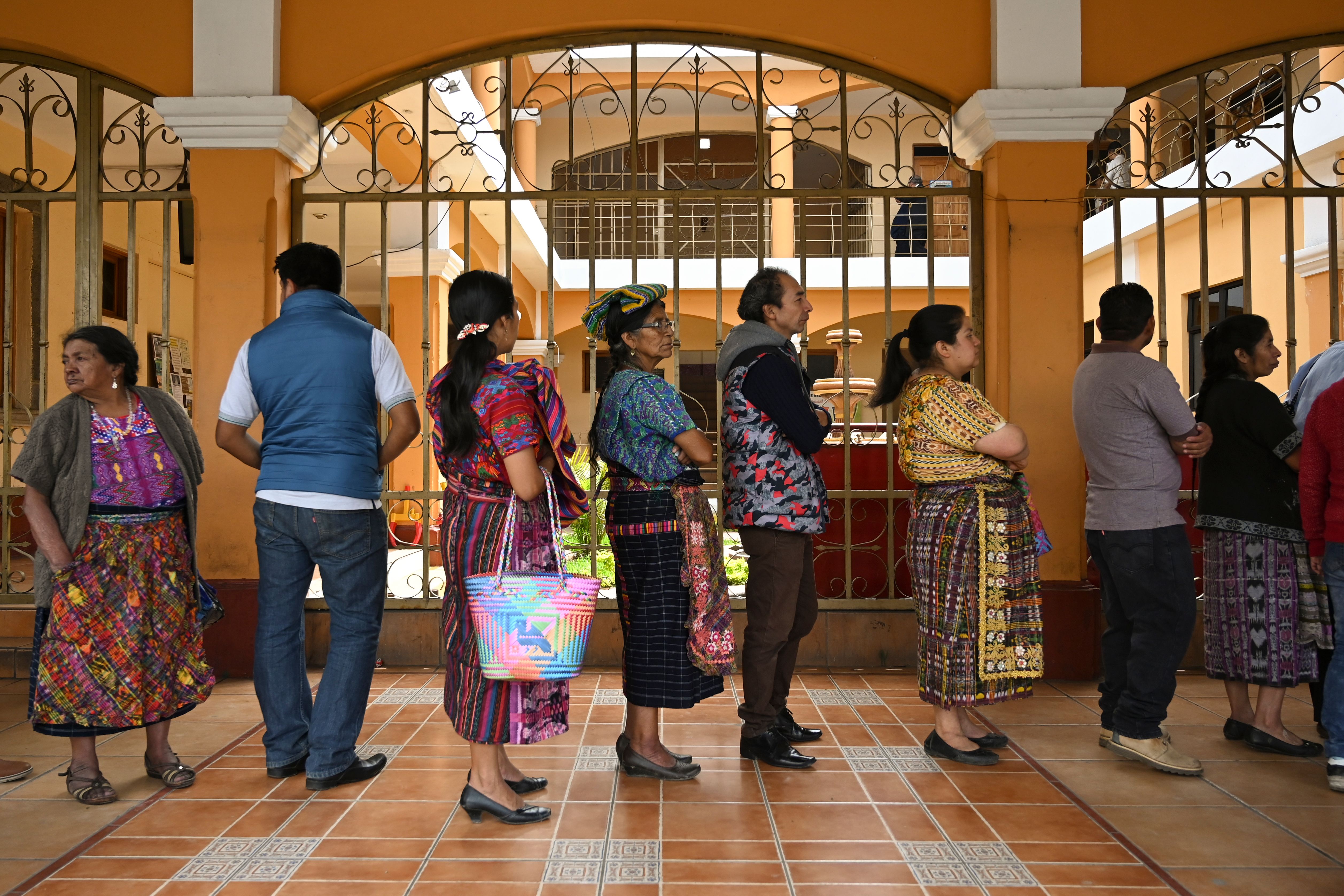
(Photo: Johan Ordóñez/AFP/Getty Images)
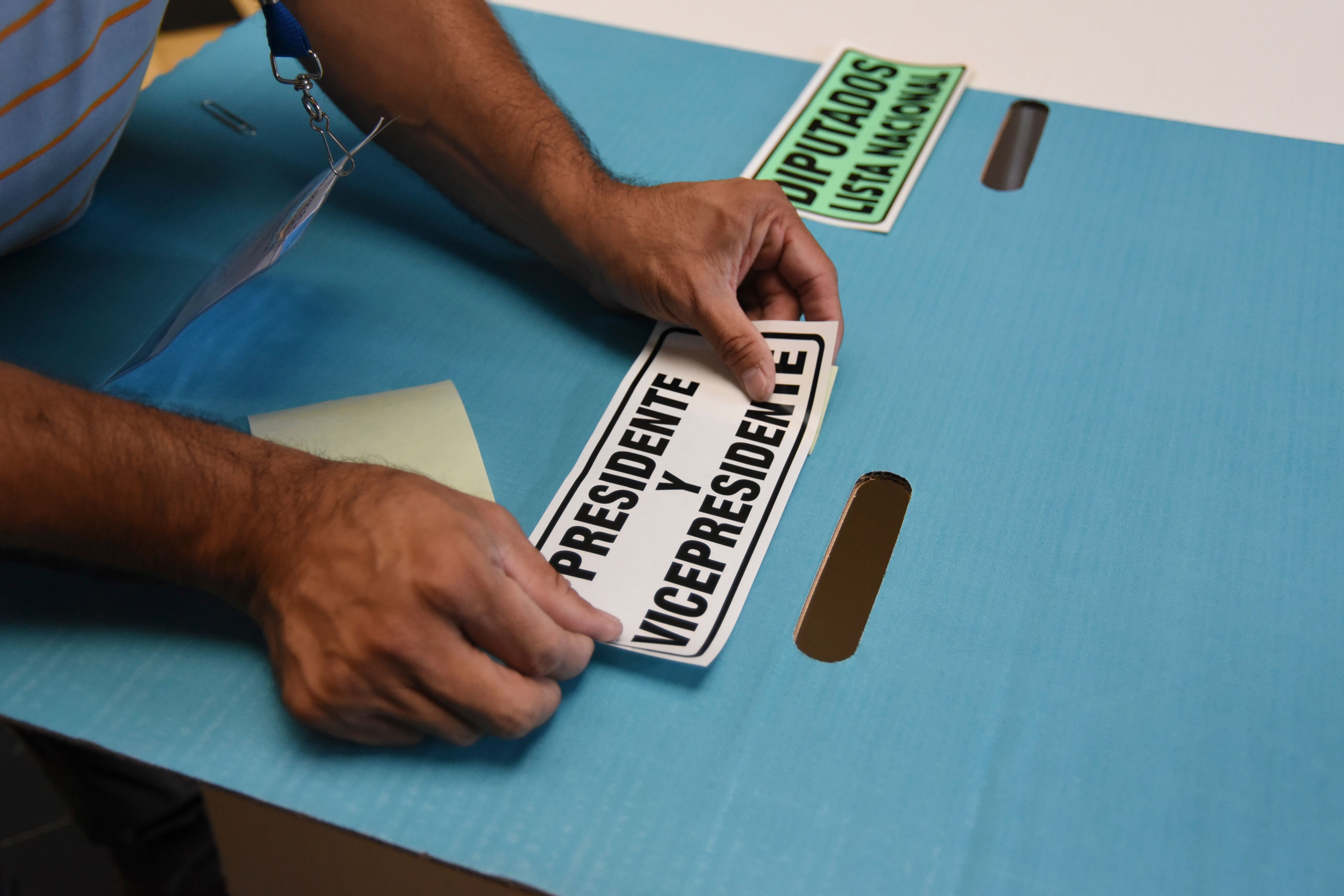
(Photo: Orlando Estrada/AFP/Getty Images)
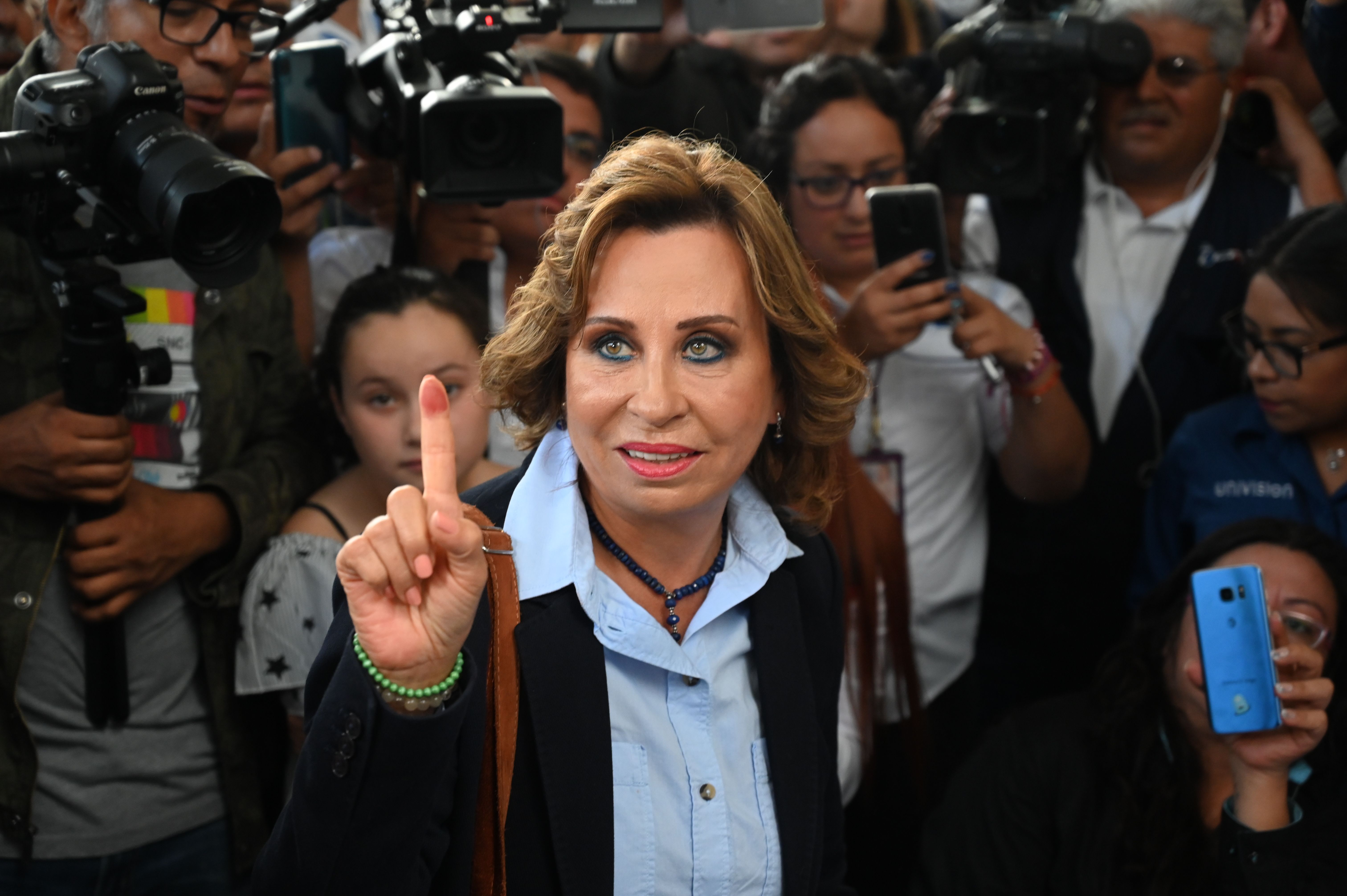
(Photo: Johan Ordóñez/AFP/Getty Images)
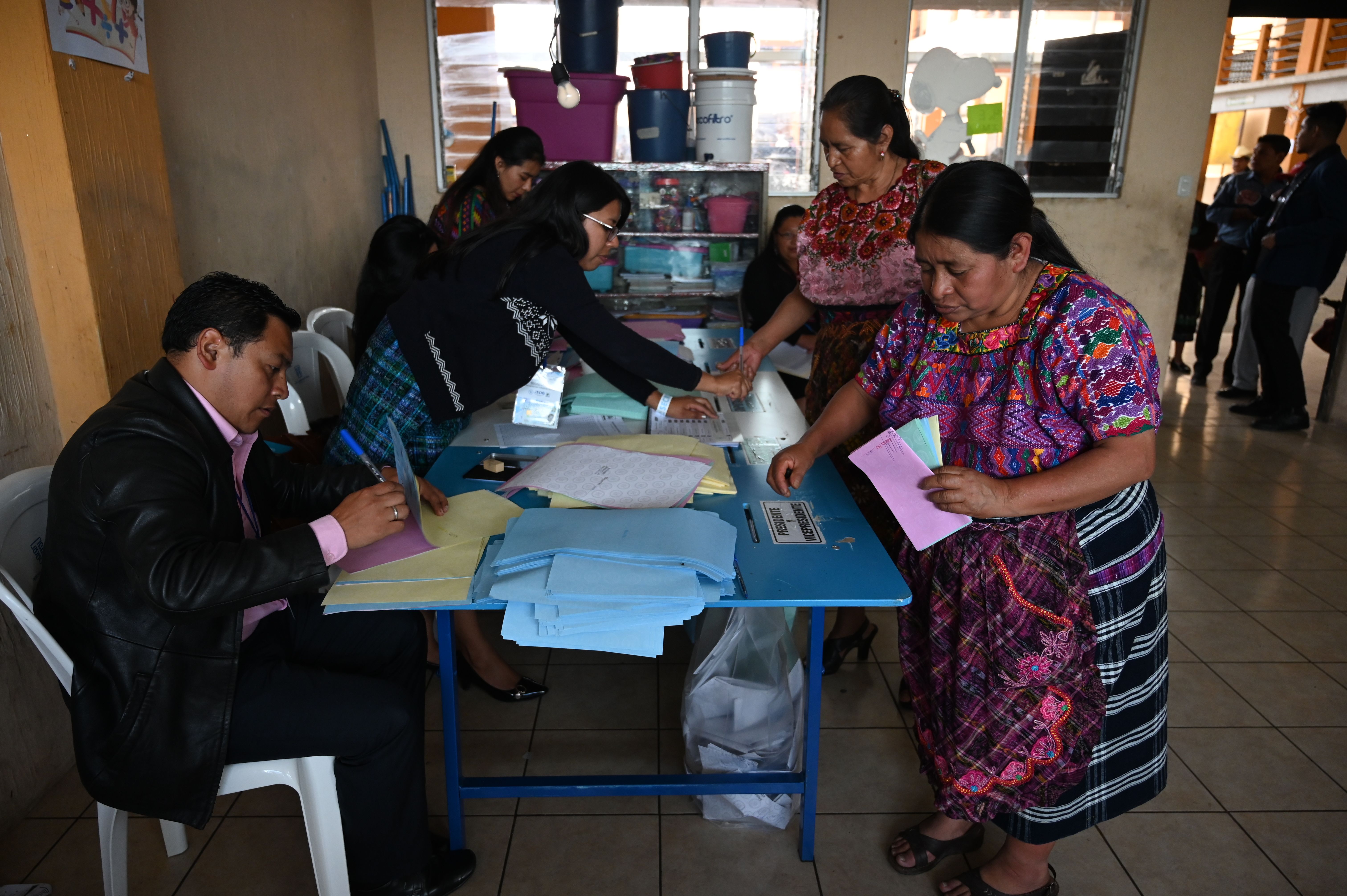
(Photo: Johan Ordóñez/AFP/Getty Images)
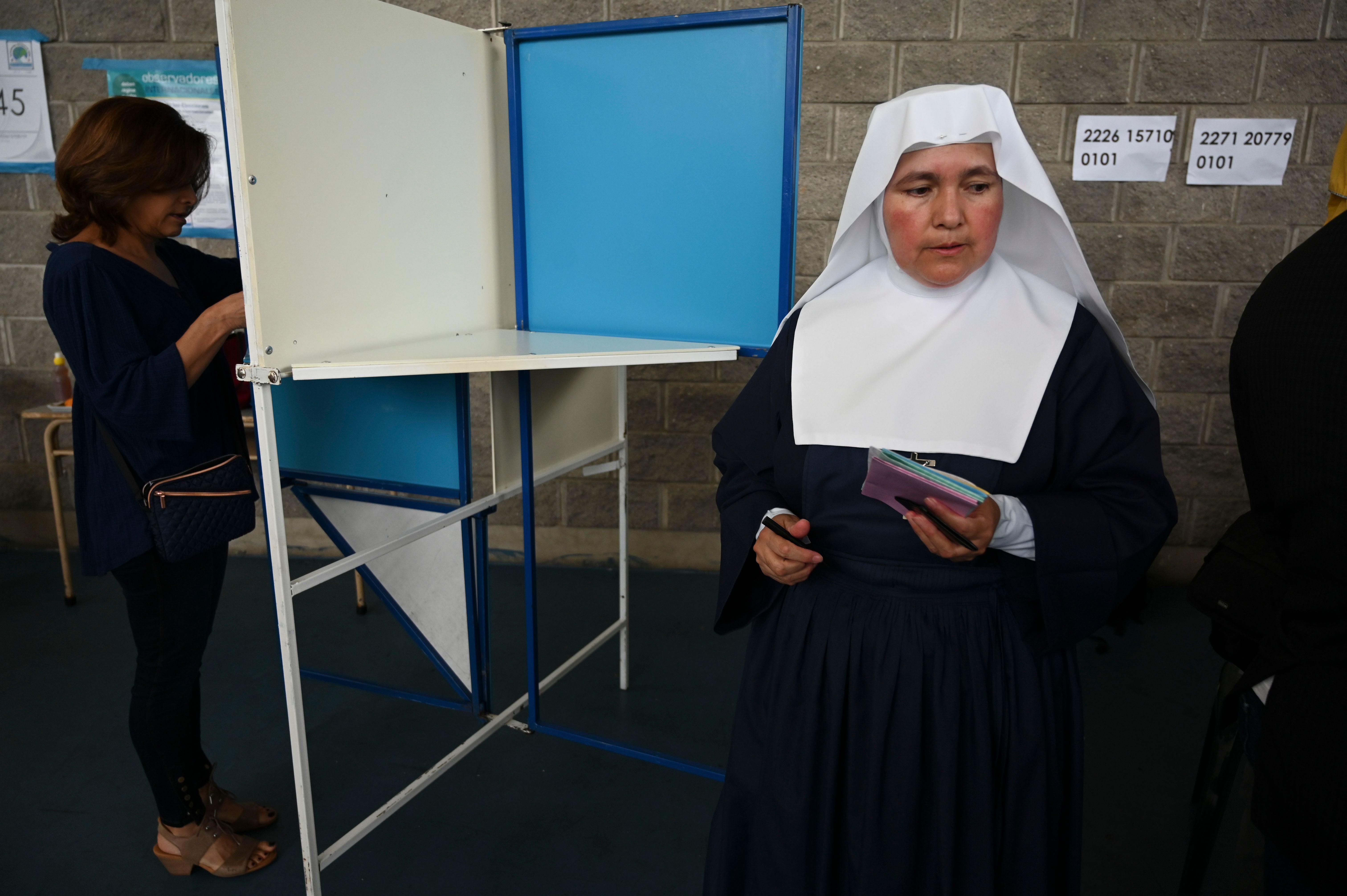
(Photo: Johan Ordóñez/AFP/Getty Images)





